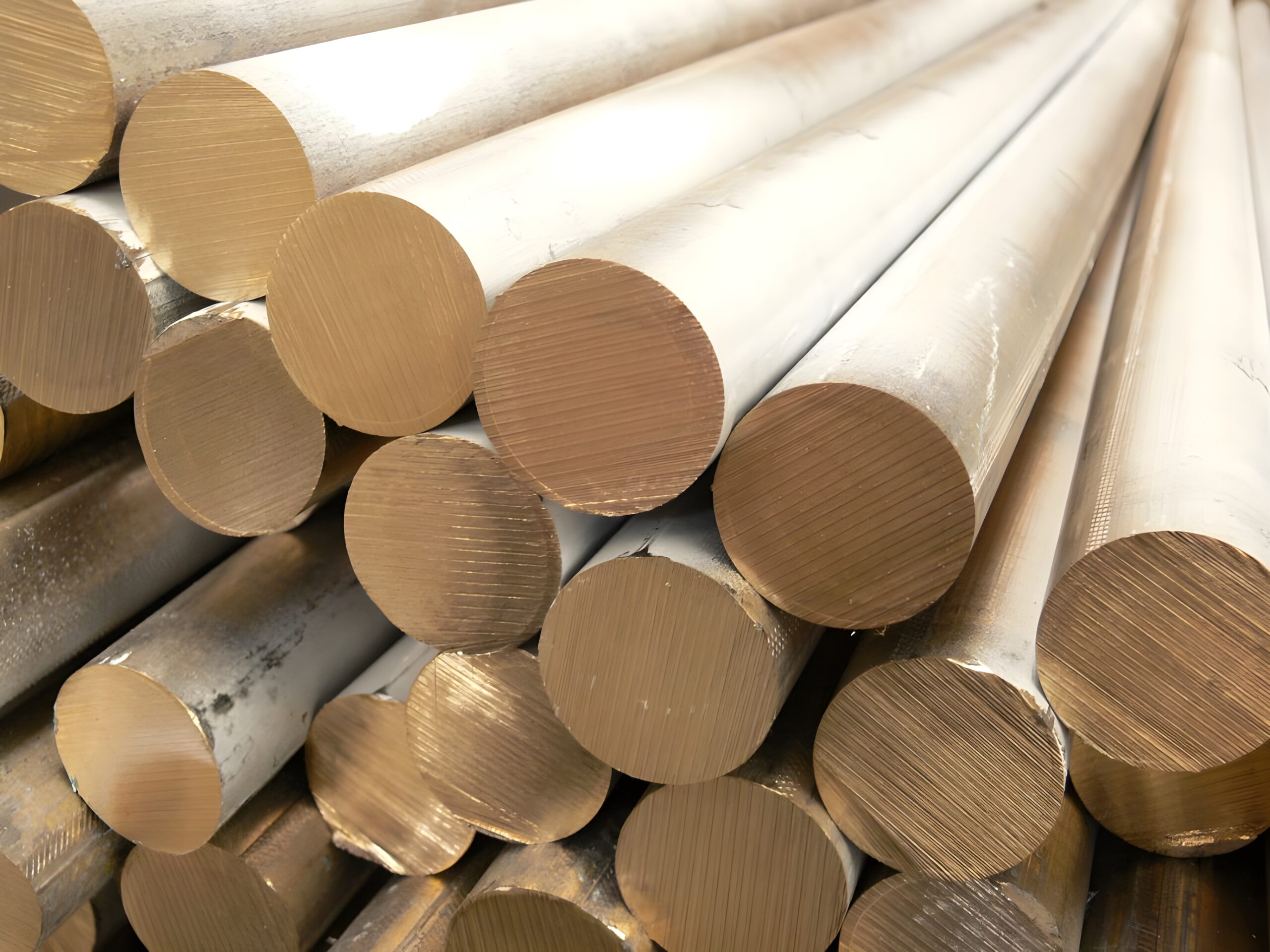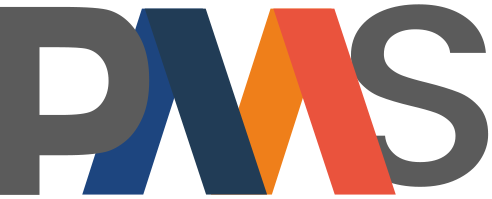Leaded Muntz Metal
- Home
- >
- DZR Brass
- >
- Leaded Muntz Metal

Leaded Muntz Brass
DZR Brass (Dezincification Resistant Brass) with the characteristics of Leaded Muntz Metal is an alloy designed to resist dezincification while offering good machinability due to the presence of lead. This alloy is particularly suitable for applications where dezincification resistance, machinability, and strength are required.
Composition:
- Copper (Cu): Approximately 60%
- Zinc (Zn): Approximately 39.25%
- Lead (Pb): Approximately 0.75%
Grades
C36500:
- UNS standard designation for Leaded Muntz Metal.
- Specifies the composition and mechanical properties for this type of brass.
EN CW610N:
- European standard designation for Leaded Muntz Metal.
- Specifies the composition and properties for copper-zinc alloys with lead content, enhanced for machinability and resistance to dezincification.
ISO CuZn40Pb:
- International Organization for Standardization (ISO) designation for a specific type of Leaded Muntz Metal.
- Specifies the requirements for copper-zinc alloys with lead content.
Properties:
- Corrosion Resistance:
- Excellent resistance to dezincification, making it suitable for use in aggressive and saline environments.
- Good overall corrosion resistance, providing durability in various applications.
- Mechanical Properties:
- Tensile Strength: Typically around 380-520 MPa.
- Yield Strength: Approximately 100-250 MPa.
- Elongation: Generally around 20-35%, indicating good ductility.
- Hardness: Moderate hardness, with a typical Brinell hardness number (HB) of around 80-120.
- Thermal and Electrical Conductivity:
- Good thermal conductivity, making it suitable for use in plumbing and heating systems.
- Moderate electrical conductivity, lower than pure copper but adequate for many industrial applications.
Applications:
Plumbing Systems: Used extensively in domestic and commercial plumbing systems, including fittings, valves, and connectors, due to its resistance to dezincification and ease of machining.
Marine Applications: Suitable for marine hardware and components exposed to seawater, due to its corrosion resistance.
Industrial Applications: Employed in industrial equipment where resistance to corrosion and mechanical strength are critical.
Machined Components: Ideal for components that require machining, such as nuts, bolts, and various mechanical parts, due to the lead content that improves machinability.
